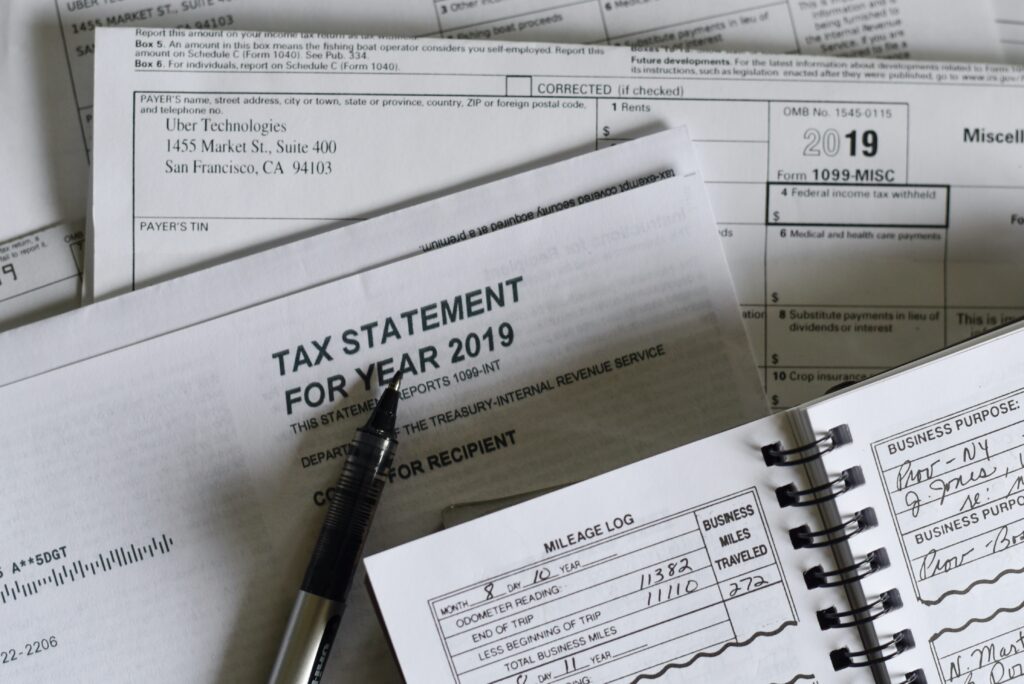
Uganda’s recent imposition of a daily tax on social media access marks a surprising assault on free speech. This policy, widely seen as an effort to suppress online discourse, has drawn substantial condemnation both domestically and internationally.
The Taxing Mechanism
Commencing on July 1, Ugandans are no longer entitled to unrestricted access to 58 social media sites and apps, including prominent platforms like Facebook, Twitter, Signal, and Youtube. The mandated tax, incorporated into Uganda’s national budget on June 1, imposes a daily fee of 200 Ugandan shillings or five cents per user for access to services deemed “Over The Top” (OTT).
To utilize these platforms, Ugandans must now pay the equivalent of five cents per day or $18.25 annually, a considerable amount considering the country’s GDP per capita stands at $604. Payment is facilitated through mobile phone operators using individual SIM cards, with the phone intricately linked to the owner’s national ID.
The Rationale Behind Uganda’s Social Media Tax
President Yoweri Museveni categorizes voice and messaging services, such as Facebook, Twitter, and WhatsApp, as “over the top (OTT),” deeming them a “luxury item” to be taxed. Critics, however, assert that the tax is an orchestrated effort to suppress Ugandans’ online freedom of speech, disproportionately affecting the impoverished population.
Past Attempts and Political Landscape
This move echoes past actions, including the 2016 election period when the government blocked social media for days to stifle opposition voices. Museveni, in power since 1986, faces mounting opposition challenging the government’s restrictive measures.
Impact on Ugandans
Already, the tax has manifested its intended consequences, with a notable 11% decline in total social media usage and 71% reporting significant inconvenience. A staggering 57% of respondents have resorted to using VPNs to bypass the imposed restrictions.
Despite potential consequences on education, small businesses, and research endeavors, there are no indications of exemptions for non-“gossip” related social media use.
Resilience and Legal Challenges
In response to the stifling environment, Ugandans are fighting back. Various users are taking legal action against the Uganda Communications Commission, Uganda Revenue Authority, and the Attorney General for impeding the fundamental right to freedom of speech and hampering businesses reliant on social media platforms.
Although legal proceedings face delays, a Kampala-based non-profit, the Cyber Law Initiative, spearheads a petition highlighting the infringement on fundamental rights.
Global Implications
The introduction of Uganda’s social media tax raises concerns about the potential adoption of similar legislation in other countries. Tanzania, for instance, has already imposed stringent regulations demanding bloggers to pay $930 annually for a blog license, a considerable expense for a country with a GDP per capita of $936.
In an era where governments and corporations seek to control online narratives, the fight for net neutrality becomes paramount to preserve our fundamental rights to freedom of speech and expression.
As Uganda grapples with the ramifications of the social media tax, it serves as a stark reminder of the global challenges to online freedom. The fight for net neutrality becomes not just a national struggle but a collective effort to maintain a neutral digital space for free expression.
Nl free sstp vpn
FAQ:
- Q: What led to the implementation of Uganda’s social media tax?
- A: Uganda imposed a social media tax, justifying it as a means to regulate voice and messaging services considered “luxury items,” though critics argue it suppresses freedom of speech.
- Q: How are Ugandans responding to the social media tax?
- A: Despite facing challenges, Ugandans are resisting through legal actions and advocacy efforts to safeguard their fundamental right to freedom of speech.
- Q: What are the potential global implications of Uganda’s social media tax?
- A: The move prompts concerns about the adoption of similar measures globally, emphasizing the importance of the ongoing fight for net neutrality.
